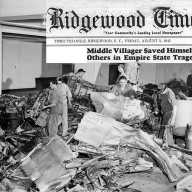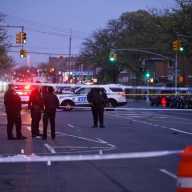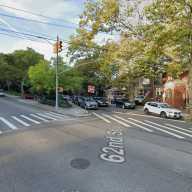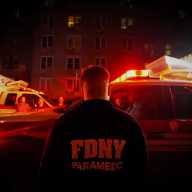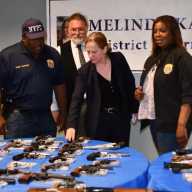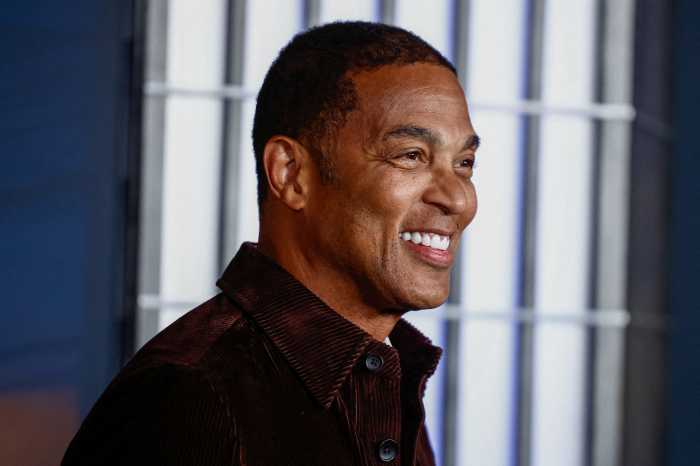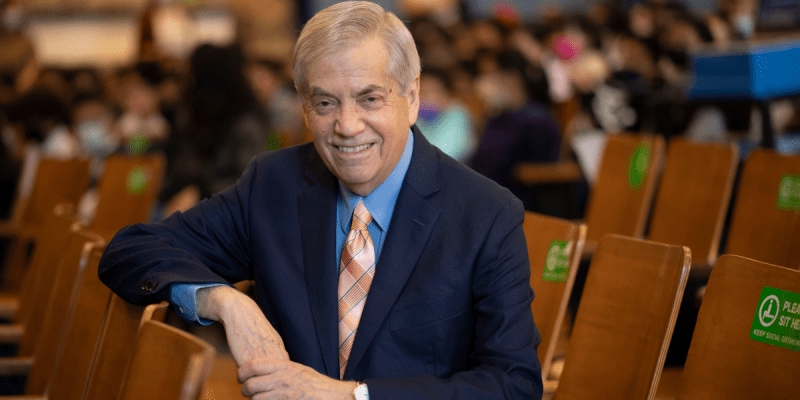Flushing residents were given a chance to develop a better understanding of the Democratic and Green Party candidates for the State Assembly seat in the newly configured 22nd District at an open forum last Tuesday at the Flushing Library. Five hopefulsJimmy Meng (D), Ethel Chen (D), John Albert (D), Barry Grodenchik (D) and Evergreen Chou (G)first spoke and then answered questions posed by a panel of representatives from the media.
Voters will decide among the Democrats in the Democratic primary on September 10, and the winner will run in the November election against Chou, the winner of the Republican primary, and members of other parties. In heavily Democratic New York City, however, the victor in the Democratic primary often takes the November election.
In opening remarks, Chen, a 37-year Flushing resident, said she would fight for schools and affordable housing. Chou said he would fight for education, healthcare and housing. Albert noted his experience with Albany politics as a lawyer for Safe Horizon, a social services organization that helps battered women. Grodenchik, who grew up in Flushing, pointed to his 15 years working for city politicians. Meng, a 25-year Flushing resident, said he is a respected member of the area business community.
An Asian Seat?
Scott Shifrel of the Daily News asked the candidates their reaction to the fact that the Queens Democratic Organization had endorsed non-Asian Grodenchik for a seat in the mostly Asian district.
"Even though we have 53 percent Asians [in Flushing], doesnt mean it has to be an Asian. It should be the best qualified," Chen responded. Chou disagreed. "The Democratic club should have endorsed an Asian. It was an opportunity lost," he said.
Albert, a non-Asian, said, "There are many different people in the city. We need to build bridges within the community." But he called it an insult to the community that no single Asian was endorsed.
Grodenchik said, "I dont believe in labeling people. I will represent each and every one of you. I dont care what you look like or what your last name is."
Meng, however, said the seat should go to an Asian, adding, "Its insulting to the entire community."
Bus Strike Solutions
Bryan Verasami of Newsday asked each candidate if they would support an MTA takeover of the Queens private bus lines, whose employees struck earlier in the summer.
Chou said as a union member, his primary concern is for the workers, adding, "As long as they are allowed to strike and get equitable wages Im happy." Albert said he needed more information before he could decide, but listed his priorities on the issue. "The bus lines must treat their workers fairly. Service must be improved." he said.
Meng said there should be a public hearing on the matter, but Chen said it was time for an MTA takeover.
Downtown Flushing
Steven Blank of the Times-Ledger newspaper asked the candidates about their visions for downtown Flushing.
"We need to open up the waterfront, that is our next frontier," said Albert. Grodenchik agreed and added that he would push to have more entrances to existing subway lines to spread out pedestrian traffic across the congested area.
Meng said he would work for the implementation of a business improvement district (BID) in the area and noted that he had already written a book on how a BID would benefit Flushing.
Chen said she would work to bring more upscale businesses to the area. But Chou said that the small businesses need to be protected and that specialty stores from non-Asian ethnic groups should be encouraged.
The Schools
Victoria Schneps of The Queens Courier asked what each candidate would do to increase the number of seats in neighborhood schools and address the needs of immigrant children.
Grodenchik said he would change the school systems building codes. "It costs four times more to build a seat in New York than it does in New Jersey," he said. Meng decried what he called "ten years of talk" about the citys ailing schools and advocated a community center for local teenagers. Chen said she would fight for fiscal equity with the rest of the state, noting, "We have 37 percent of the kids and only 34 percent of the education funds."
Chou called the schools budgetary problems "racial profiling."










